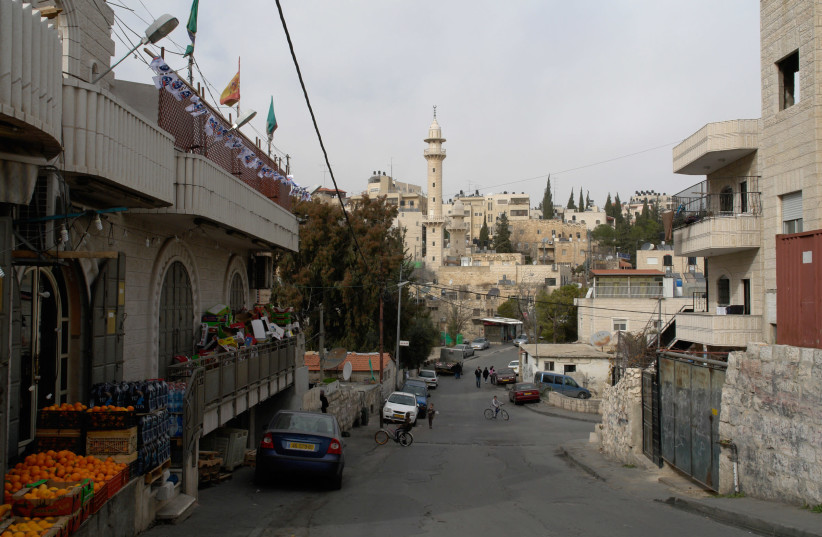On Sunday, the Israeli government voted to allocate NIS 3.2 billion for the development of public infrastructure and services in east Jerusalem, a move welcomed by many as sorely needed and long overdue.
In addition to being earmarked for the development of public infrastructure, the allocated funds will be used to reform and improve healthcare facilities, welfare resources, public security, employment opportunities, and the education system.
Prime Minister Benjamin Netanyahu lauded the funding as evidence of the government’s care for all citizens and residents of Israel, adding that it “strengthens our policy in favor of a united and strong Jerusalem under Israel’s sovereignty.”
Following the November 2022 elections, a survey was conducted in which 1,000 Palestinian residents of east Jerusalem were asked about their quality of life, with the goal of identifying their problems and concerns, as well as to draw comparisons between the findings of the survey and those of a similar one conducted in 2010.
While the survey showed a lack of trust in the Jerusalem Municipality, with just 13% saying they did not feel discriminated against by municipal policies, it also highlighted an increased level of satisfaction with the infrastructure and services available, indicating that while things are by no means perfect, they are moving in the right direction.

According to the results, 83% of east Jerusalem residents are satisfied with healthcare services, and 82% are satisfied with water services, 75% with electrical services, and 73% with the sewage system.
However, while much-needed improvements have indeed been made in these areas, 73% of east Jerusalem residents expressed dissatisfaction over the difficulty of obtaining building permits, 69% are dissatisfied with the conditions of east Jerusalem roads, and 69% are unhappy with the cost of residential taxes.
Many of these areas of concern are set to be addressed in the new budget, with NIS 736m. set to go toward improving roads and public transportation and another NIS 55m. to go toward other public infrastructure.
The dissatisfaction over building permits will also be addressed, with NIS 133m. earmarked for building 2,000 new apartments per year for the next five years with the goal of combating an ongoing housing crisis.
Israel must keep improving quality of life in east Jerusalem
Despite these difficulties, the statistics show a noticeable improvement in the quality of life of east Jerusalem residents when looking at previous years.
In 2017, it was reported that one-third of all students in east Jerusalem dropped out before completing their high-school education, and in 2019, it was estimated that of some 150,000 homes in Jerusalem weren’t connected to a proper sewage system, and the majority were located in east Jerusalem.
In 2018, a year after the alarming statistics about the east Jerusalem education system were released, the government at the time made a decision to invest some NIS 2.1 billion in the education system and infrastructure.
Over the past five years, the investment in the city’s most neglected areas has begun to bear fruit, and it is crucial that it continues to do so.
As western Jerusalem continues to enjoy skyscrapers and lucrative business opportunities, the eastern part of the city and its residents deserve the same treatment.
The government’s decision to renew the funding for these projects shows that it, too, believes in the vision for east Jerusalem that its residents dream about. This is despite Finance Minister Bezalel Smotrich’s previous decision to withhold the funds due to a NIS 200m. allocation for pre-university preparatory programs, which, he said, would only increase extremism on Israeli university and college campuses. If there are security concerns, they must be addressed, but not at the expense of the welfare of half of the residents of Israel’s capital.
So, while some raise concerns about the supposed risks this funding will bring with it, or point to violence in the streets as a reason to withhold the money, the government must continue to invest in east Jerusalem, enhance the quality of life for all residents, and invest in the future of a united Jerusalem.
